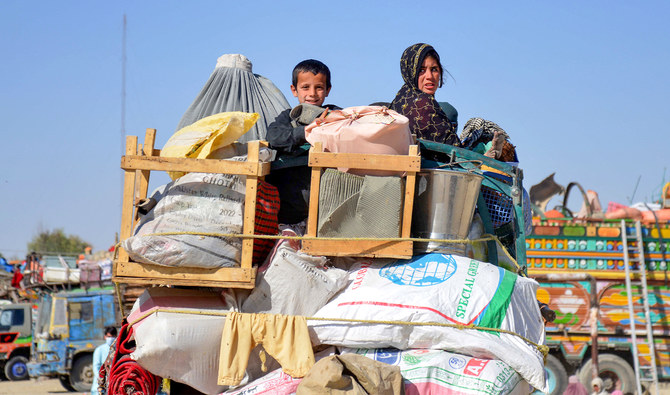Pakistan is set to begin the second phase of a contentious plan to deport undocumented Afghan refugees, with more than 800,000 Afghans expected to be expelled starting Sunday. This follows the first phase of deportations in November last year, which saw about 541,000 Afghans forcibly removed from the country.
Authorities have announced that refugees who do not leave voluntarily will face arrest and deportation. Prior to the initial phase, the Pakistani government estimated there were nearly 4.4 million Afghan refugees in the country, with approximately 1.73 million being undocumented.
The government justifies the crackdown by citing security concerns and a struggling economy. The deportation order comes amid a significant increase in armed attacks across Pakistan, which the government attributes to groups and individuals based in Afghanistan. The Taliban government in Afghanistan has rejected these allegations.
Philippa Candler, the United Nations High Commissioner for Refugees (UNHCR) representative in Islamabad, urged Pakistan to assess the profiles of undocumented Afghans before expelling them, emphasizing that many are in need of international protection. “They’re refugees. They’re not involved in terrorist activities. They’re just people who fled and who need protection,” said Candler. She added that any Afghan nationals involved in terrorist activities should be dealt with separately.
Al Jazeera’s Kamal Hyder reported from the Khazana refugee camp in Peshawar, which hosts about 1,300 Afghan families. He noted that the refugees have pleaded with both the international community and the Pakistani government for more time to leave in a dignified manner. “They complain that their houses are being raided in the dead of the night. They’ve been forced to leave this country in a very miserable condition,” Hyder said, highlighting the difficulty of leaving after spending a lifetime in Pakistan.
Pakistan is not a signatory to the 1951 UN Convention that protects refugee rights and lacks domestic laws and procedures to determine the status of individuals seeking international protection within its borders. Amnesty International has warned of the risk of persecution for refugees returning to Afghanistan.
As Pakistan proceeds with the second phase of deportations, the international community will be closely watching to see how the country balances its security concerns with the rights and humanitarian needs of Afghan refugees.
To Keep Updated Visit & Follow our Facebook Page Or Our Website




